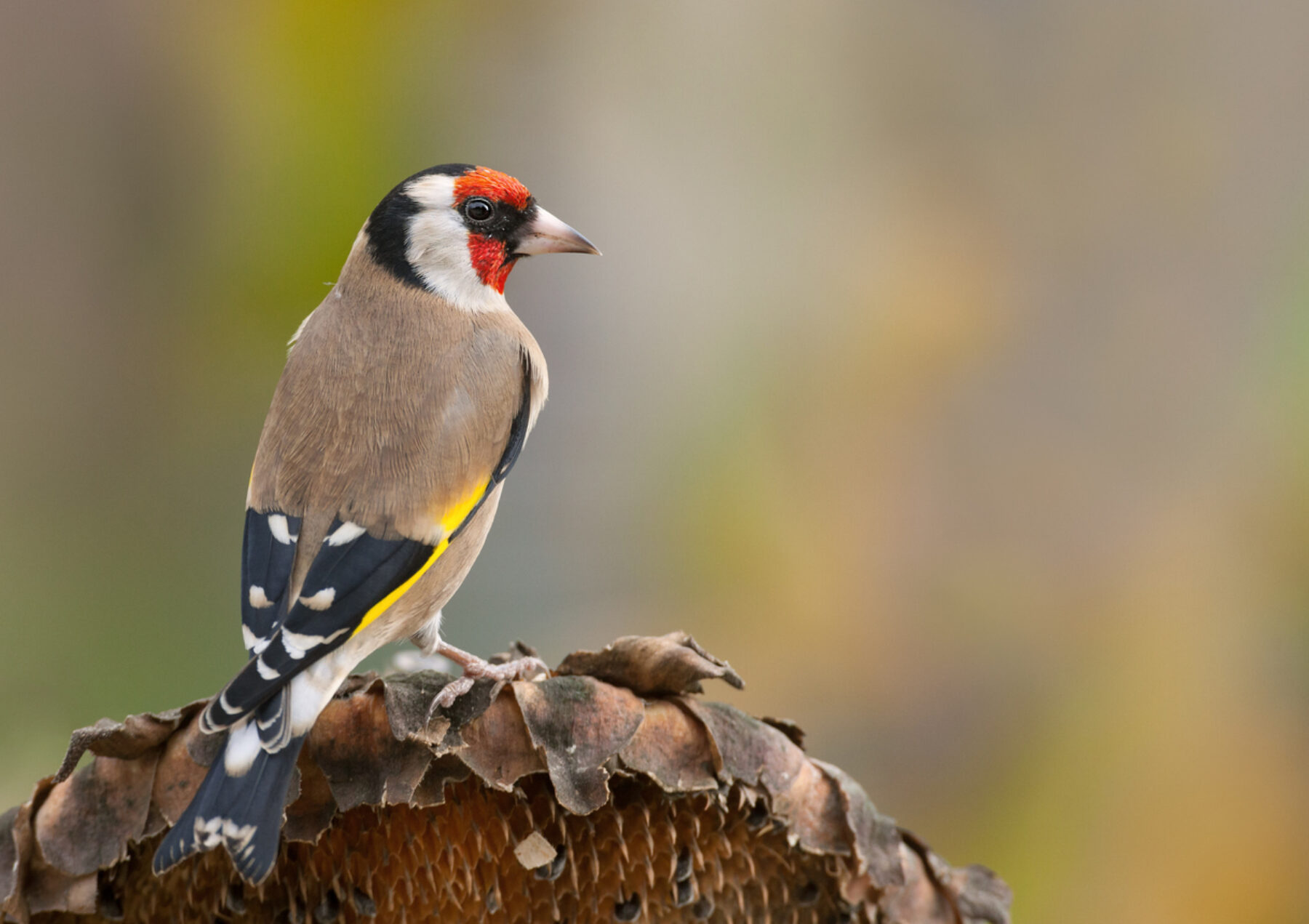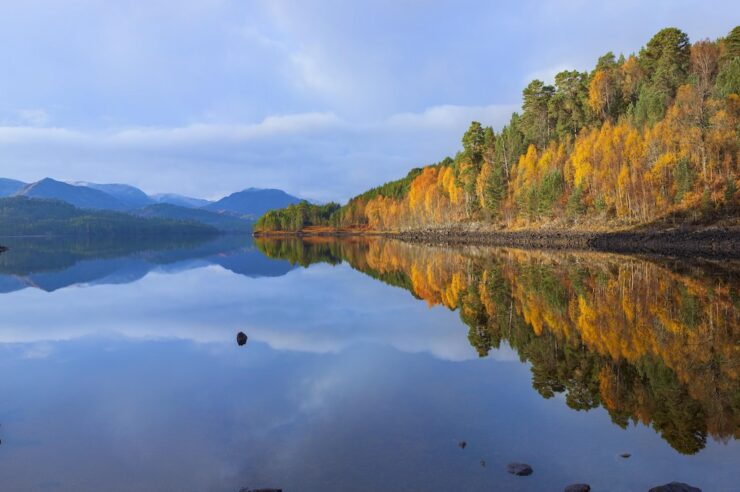A deal was sealed on a historic European nature law, LGBTQ+ rights in south-east Asia received a major boost and gender equality scored big in Denmark, plus more good news
This week’s good news roundup

An 11th hour change of heart by Austria’s Green party climate minister this week saw the EU pass landmark biodiversity legislation, which requires member states to begin restoring a fifth of the bloc’s land and oceans by the end of the decade.
Leonore Gewessler ended a months-long deadlock by defying the Austrian chancellor – and opposing farming lobbies – to back the Nature Restoration Law, which also aims to mitigate climate change and the effect of natural disasters.
Regions with the most potential to capture and store carbon will be prioritised under the legislation, as well as habitats in poor health and in Natura 2000 sites: an EU-network of protected areas with at-risk species or ecosystems.
Environmental activists welcomed the move, with Greenpeace hailing it a “ray of hope for Europe’s future”.
The #RestoreNature coalition, consisting of BirdLife Europe, ClientEarth, The European Environment Bureau and the World Wide Fund for Nature EU, said in a statement: “We are jubilant that this law is now reality – this day will go down in history as a turning point for nature and society.”
Image: Lake Bled in Slovenia, photographed by Neven Krcmarek

Thailand is set to become the first nation in south-east Asia to recognise same-sex marriage after lawmakers overwhelmingly backed a historic marriage equality bill.
In total, 130 of the 152 senators in Thailand’s upper house voted for the bill, with just four against and 18 abstaining. It still needs rubber-stamping by King Maha Vajiralongkorn, but his endorsement is considered a formality, meaning the legislation will come into force 120 days after it is published in the royal gazette.
The legislation gives LGBTQ+ and straight couples the same legal rights, and follows two decades of campaigning by activists who now look set to celebrate Thailand’s first same-sex marriage before the year is out.
Panyaphon Phiphatkhunarnon, founder of the Love Foundation campaign group, said its impact would be “immense”. It will change not just the lives of countless couples “but also contribute to a more just and equitable society for all”, he told CNN.
Image: Honey Fangs/Unsplash
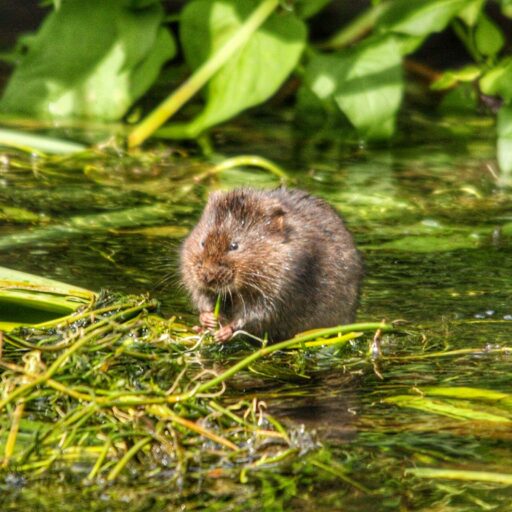
Beavers reintroduced to a Scottish rainforest 15 years ago have engineered a habitat boost for threatened water voles, paving the way for the latter’s return.
Flooding caused by beaver dams in Knapdale, Argyll and Bute has created a natural ‘edge habitat’ along the banks of watercourses, which would enable water voles to shield their burrows from predatory mink.
Scottish water voles are thought to be descended from migrants from northern Iberia and are distinct from their cousins (pictured) in England and Wales, but populations have plummeted by 90% since 1950.
Pete Creech, a wildlife ranger from the Heart of Argyll Wildlife Organisation, which has partnered with Forestry and Land Scotland on the reintroduction project, said water voles were themselves important ecosystem engineers and helped wildflowers to flourish.
“We’d love to see water voles return to Knapdale and the beavers have been busily creating the complex wetlands they favour,” he said.
Image: A water vole. Credit: Jonathan Ridley
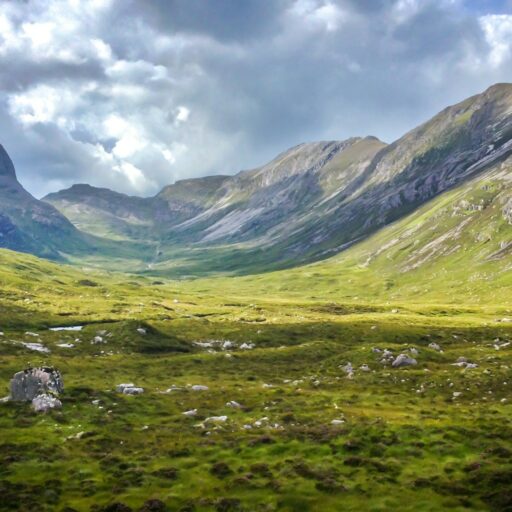
The going will get a little easier on one of Scotland’s best-loved Highland summits after campaigners raised more than £200k for pathway restoration.
Hillwalkers and charities stepped up to fund repairs to a 3km (two mile) stretch of badly eroded track on An Teallach in Wester Ross.
Mountaineering Scotland partnered with the Outdoor Access Trust Scotland (OATS) on the It’s Up To Us campaign, which also highlights the need for long term sustainable public funding for upland trails.
A 2019 audit found 410km (255 miles) of Scottish mountain paths required repairs valued at £30m and put the annual maintenance bill for over 1,000km (621 miles) of trail at £400.
OATS CEO Dougie Baird said: “We are hugely grateful for all our individual public donors and will be encouraging other hill users to follow their fine example in the coming year to help fix the badly eroded path on this iconic mountain.”
Image: stunning landscapes in Wester Ross are set to benefit from the crowdsourced intervention. Photograph by Gavin Tyte
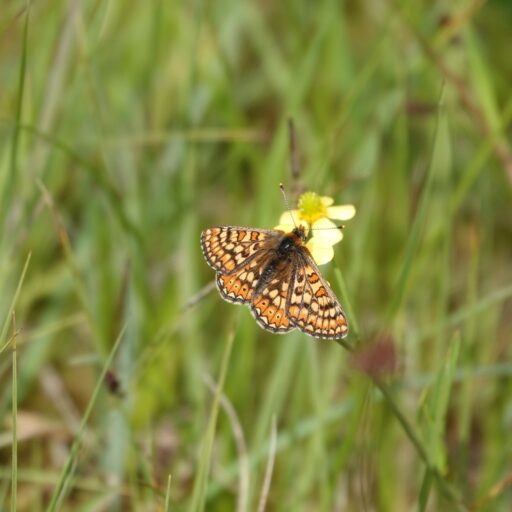
A rare butterfly is back from the dead in a quiet corner of the south Wales valleys thanks to a reintroduction project led by conservationists.
The region has traditionally been a stronghold for the marsh fritillary (pictured) – one of Europe’s most endangered butterflies – but overgrazing has left it clinging to survival.
Following a captive breeding programme organised by the Initiative for Nature Conservation Cymru (INCC), caterpillars were released on Llantrisant common in Rhondda Cynon Taf, 26km (16 miles) north-west of Cardiff. Marsh fritillaries have since been recorded mating and laying eggs there for the first time in 20 years.
Rob Parry, CEO of INCC, told Positive News the next phase of the rescue mission would be to restore the butterfly’s ‘rhôs pasture’ habitat of wildflower-rich, marshy grassland.
“It’s thrilling to see this iconic species back in Llantrisant,” said Parry. “We’re hoping now the population builds to capacity on the common and spills out into the surrounding landscape.”
Image: Initiative for Nature Conservation Cymru

A new not-for-profit launched in the UK this week, aiming to champion geothermal energy’s role in the drive for net zero and catalyse collaboration between the public and private sectors.
The National Geothermal Centre (NGC) has been funded by The Net Zero Technology Centre, Durham University, SHIFT Geothermal and The Reece Foundation.
The partners say that expanding the UK’s geothermal capacity could create 50,000 jobs and save an annual 10m tonnes of planet-warming emissions.
“Geothermal energy is the foundation of energy security in the UK. It is an inexhaustible source of clean heat and power beneath our feet,” said NGC director Anne Murrell.
“Already in the UK, geothermal projects are providing stable, low-cost, green energy to homes and businesses. With its expert stakeholders from industry, academia, finance and government, the NGC will expand geothermal development, at speed and at scale.”
The move builds on recent news of the UK’s first operational deep geothermal well in almost four decades.
Image: UK National Geothermal Centre, netzerotc.com

Deforestation in the planet’s largest rainforest plunged last month to the lowest level since March 2018, according to new data from Brazil’s space research institute, INPE.
It’s not all roses: while felling is down in the Amazon, it continues at pace in the neighbouring Cerrado, and forest fires caused by drought are also taking a toll.
However the good news is that Amazon deforestation is already down 40% in 2024 compared with the same period last year, and analysts are forecasting a sharp drop for the 12 months ending 31 July.
The timeframe is used annually to track deforestation, with July falling in peak dry season, enabling the use of higher resolution satellite imagery.
Image: Stefan Ruiz

In a back-of-the-net moment for fair play and equal pay, Denmark’s Euro 2024 squad have refused a wage rise to ensure pay parity with the women’s team.
The men’s national team inked a four-year deal with the Danish Football Association, which comes into effect after the Euro’s tournament. It means both the men’s and women’s teams will earn the same basic match fees.
Michael Sahl Hansen, director of the elite players’ trade union Spillerforeningen, said the men had taken an “extraordinary step” in the name of equality. “Instead of looking for better conditions for themselves, the players thought about supporting the women’s team,” he said.
Image: Elin Tabitha/Unsplash

An AI-enhanced finger-prick test for Parkinson’s could predict the disease seven years before the onset of symptoms, a study has found.
Researchers from University College London partnered with colleagues at Germany’s University Medical Center Goettingen on the work, which trained an AI model to spot blood biomarkers in patients with Parkinson’s.
It went on to correctly forecast the disease in 16 out of 72 patients considered at risk of the condition, in one case seven years before symptoms appeared.
The discovery opens up the possibility of using early treatments to slow the onset of Parkinson’s or even stop it in its tracks.
“At present we are shutting the stable door after the horse has bolted and we need to start experimental treatments before patients develop symptoms,” said UCL senior author, Prof Kevin Mills.
Prof David Dexter, director of research at Parkinson’s UK, said the work was a “major step forward”.
“The findings add to an exciting flurry of recent activity towards finding a simple way to test for and measure Parkinson’s,” he added.
Image: Andrea Piacquadio

The ancient Cornish language of Kernewek is experiencing a startling renaissance thanks to pop songs and lockdowns.
An Rosweyth, a network of Cornish language voluntary organisations, say that classes moving online during the pandemic made them more accessible to a new generation of eager young students.
Meanwhile artists such as the singer-songwriter Gwenno (pictured) have brought a note of cool to a language previously seen as the preserve of dusty academics.
“It’s always been seen as a niche thing for older, retired and studious people that doesn’t bear any relation to everyday life,” An Rosweyth coordinator Emma Jenkins told Positive News. “But with someone like Gwenno releasing an album in Cornish you see that, actually, you’re allowed to enjoy Cornish. It’s mainstream.”
Two dozen primary schools have begun teaching the language as part of the Go Cornish scheme, and Language Magazine reported last year that 4,000 people across Cornwall were learning their native tongue.
“Cornish is all around us, having that understanding of what a place name means connects you to it that little bit more,” said Jenkins. “Cornish speakers are a minority of minorities, and it just delights me that people are interested.”
Image: Singer-songwriter Gwenno, photographed by Clare Marie Bailey
Main image: European goldfinch (Carduelis carduelis) perching on a sunflower, by Andyworks/iStock
Get your weekly fix of good news delivered to your inbox every Saturday, by signing up to the Positive News email newsletter.
Be part of the solution
Positive News is helping more people than ever to get a balanced and uplifting view of the world. While doom and gloom dominates other news outlets, our solutions journalism exists to support your wellbeing and empower you to make a difference towards a better future.
But our reporting has a cost and, as an independent, not-for-profit media organisation, we rely on the financial backing of our readers. If you value what we do and can afford to, please get behind our team with a regular or one-off contribution.
Give once from just £1, or join 1,400+ others who contribute an average of £3 or more per month. You’ll be directly funding the production and sharing of our stories – helping our solutions journalism to benefit many more people.
Join our community today, and together, we’ll change the news for good.
